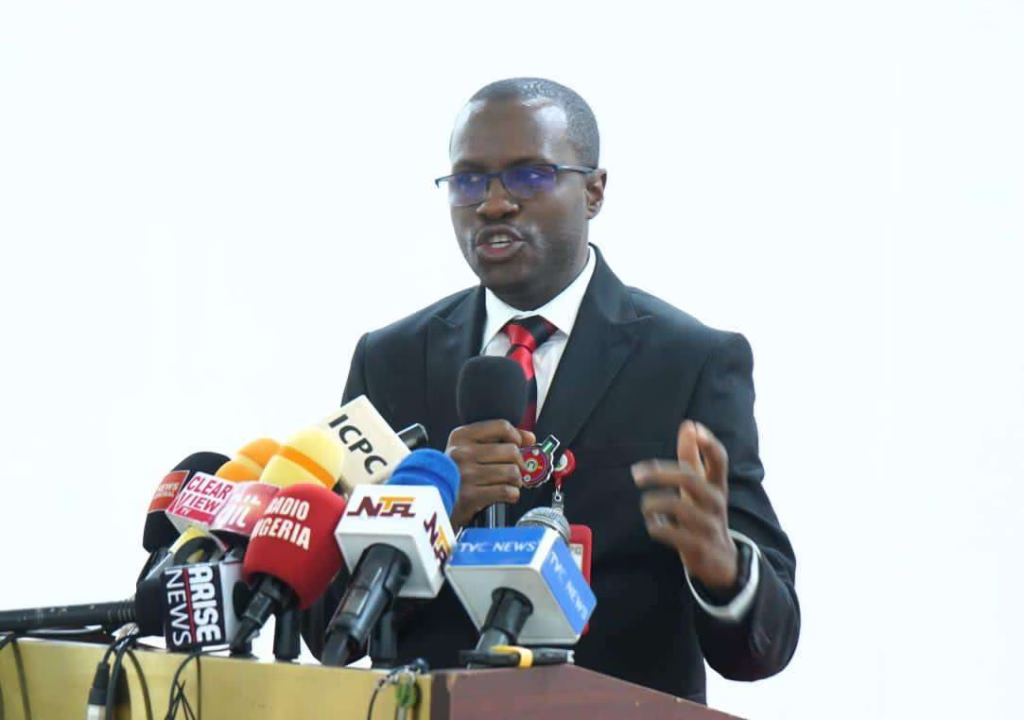Nigerian legal leaders are emphasizing mentorship and ethical foundations as critical factors in shaping purposeful careers for young lawyers, particularly amid evolving challenges in public and private sector opportunities. Dr. Musa Adamu Aliyu, Chairman of Nigeria’s Independent Corrupt Practices Commission (ICPC) and a Senior Advocate of Nigeria (SAN), shared this perspective during a recent Nigerian Bar Association (NBA) event aimed at guiding emerging professionals.
Aliyu underscored the transformative role of mentorship beyond technical training, stressing its importance in nurturing ethical judgment and resilience. “Mentorship isn’t just about knowledge transfer—it’s about instilling values that anchor young lawyers amid economic pressures and complex professional demands,” he said. His remarks come as Nigeria’s legal sector faces scrutiny over declining ethical standards, with mentorship seen as a safeguard against misconduct driven by financial strain or client expectations.
The address highlighted contrasting pathways in legal careers. While private practice offers autonomy and potential financial rewards, Aliyu noted its challenges, including client-driven specialization and a competitive landscape where affordability often trumps expertise. Public service, though frequently criticized for bureaucracy, provides stability and opportunities to drive systemic reforms. Reflecting on his tenure as Jigawa State Attorney General (2019–2023), Aliyu described advancing child protection laws, championing criminal justice reforms, and rigorously prosecuting sexual violence cases—initiatives that underscored public service’s societal impact.
His transition to leading the ICPC in 2023 marked a shift toward broader anti-corruption efforts, including asset recovery and combating cybercrime. The Commission has prioritized transparency through digital case management systems and collaboration with state agencies. Aliyu argued that systemic constraints in public institutions, such as underfunding, can catalyze innovation when paired with strategic focus.
For aspiring lawyers, Aliyu advised self-assessment: “Are you driven by entrepreneurial ambition or public welfare? Success hinges on aligning choices with personal values and strengths.” He urged exposure to diverse legal fields through internships and pro bono work, coupled with guidance from mentors who provide both professional and psychological support.
Referencing Nigeria’s 2023 Rules of Professional Conduct, which mandate upholding justice and ethical standards, Aliyu warned against prioritizing prestige over principle. He highlighted technology’s role in expanding mentorship access, enabling cross-jurisdictional guidance and specialized knowledge-sharing.
The speech concluded with a call to uphold the rule of law as a societal cornerstone, regardless of career path. Aliyu’s journey—from private practice to high-impact public roles—illustrates how structured mentorship and ethical commitment can redefine traditional perceptions of legal careers, offering lessons for jurisdictions globally grappling with similar professional challenges.
